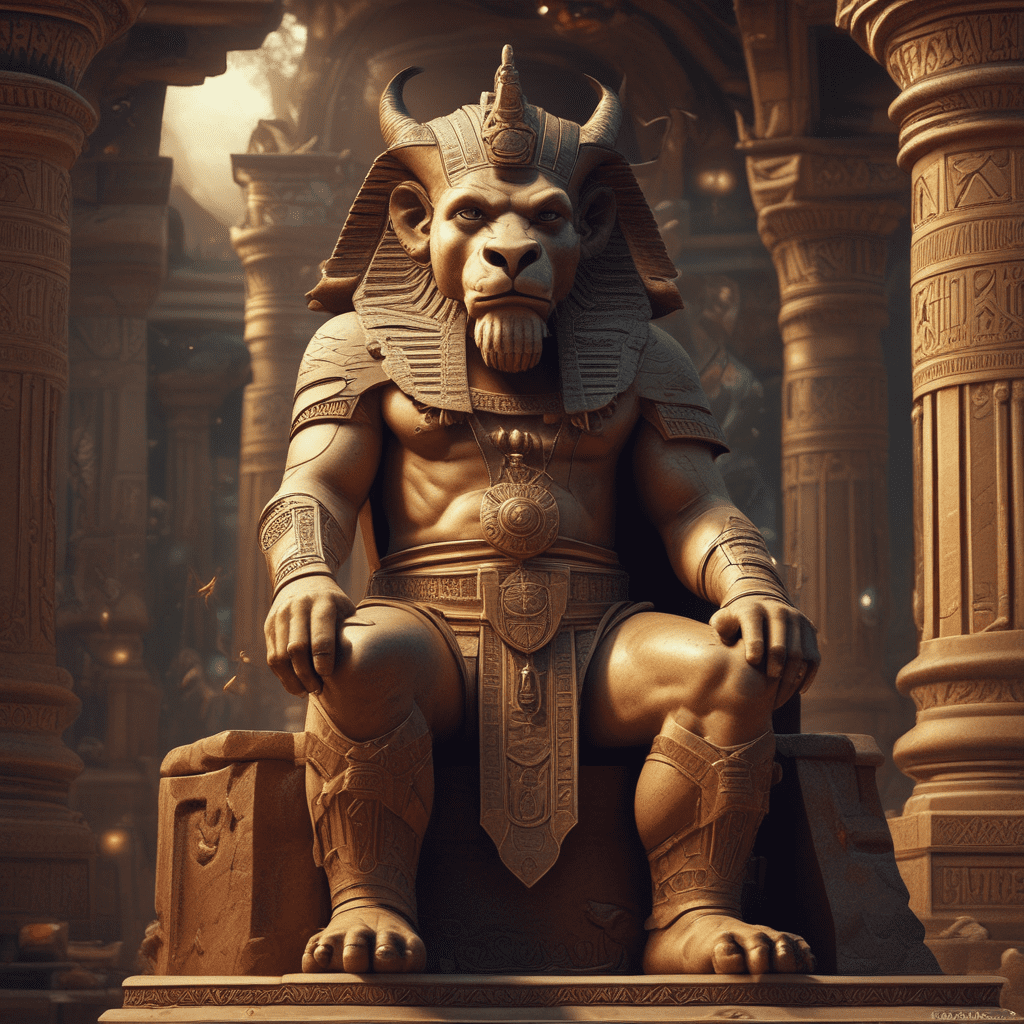The Myth of the God Bes in Egyptian Mythology
Who is Bes in Egyptian Mythology?
Bes is an ancient Egyptian deity known for being a dwarf god associated with music, dance, childbirth, and protection. Despite his small stature, Bes was a powerful and popular figure in Egyptian folklore. He was often depicted as a fierce protector, especially of households and children.
What was Bes’ Role in Ancient Egypt?
Bes was believed to ward off evil spirits and protect against harmful influences. His lively and comical personality endeared him to the Egyptian people. Bes was often depicted wearing a feathered crown, a lion’s skin, and with a large face to emphasize his facial features.
Why was Bes Important in Egyptian Culture?
Be’s significance extended beyond just protection. He was associated with music and dance, bringing joy and festivity to various celebrations. Bes was considered to bring luck and safeguard against malevolent forces, making him a popular deity in both royal and common households.
Legacy of Bes in Modern Times
Even though the worship of Bes declined with the rise of Christianity and Islam in Egypt, his legacy has endured. His playful and protective nature continues to capture the imagination of people interested in Egyptian mythology, art, and history. Today, Bes remains a symbol of protection, joy, and vitality.
FAQ About the Myth of the God Bes in Egyptian Mythology
Who is the God Bes in Egyptian Mythology?
God Bes is a dwarf deity known for his protective and joyful nature in ancient Egyptian mythology. He is often depicted as a bow-legged, lion-faced figure with a feathered headdress.
What was Bes known for?
Bes was associated with music, dance, childbirth, and protection. He was believed to ward off evil spirits, bring good luck, and ensure the safety of women during labor.
How was Bes worshipped in ancient Egypt?
People would often wear amulets or charms depicting Bes for protection. Bes was also a popular figure in household worship, where he was invoked for safeguarding families.
What symbolic significance did Bes hold?
Bes symbolized joy, fertility, and protection. His lively and animated representation added a sense of mirth and light-heartedness to the often solemn world of Egyptian deities.
Is Bes still relevant in modern times?
While ancient Egyptian religious practices have largely faded, Bes’s image and symbolism continue to be recognized and appreciated for their unique blend of humor, protection, and celebration.





